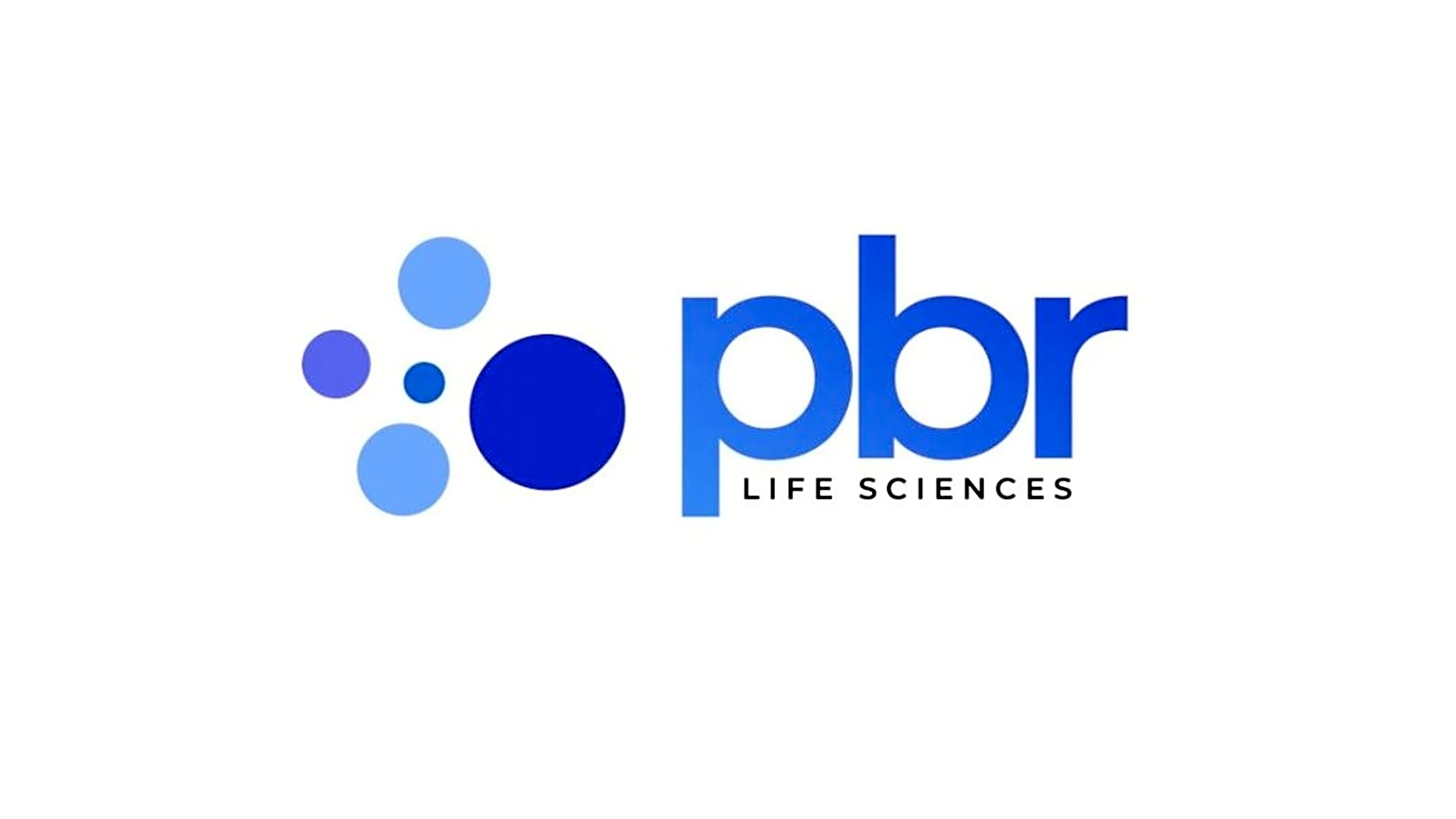Summarized by AI Model:facebook/bart-large-cnn
Tetafi, a South African startup, has developed an AI-powered financial management tool that assists startups, entrepreneurs, and informal enterprises in managing their transactions. Tetafi, which was founded in 2023 by Roman Gula, links them to financial products including as loans and buy-now-pay-later (BNPL) services.Through a conversational WhatsApp interface, Tetafi, a South African startup, has developed an AI-powered financial management tool that assists startups, entrepreneurs, and informal enterprises in managing their everyday transactions. In addition to enabling business owners to track their transactions using WhatsApp, Tetafi, which was founded in 2023 by Roman Gula, links them to financial products including as loans and buy-now-pay-later (BNPL) services, enabling them to obtain the funds they require to expand without the burden of formalisation.
Up to 3.3 million South African informal enterprises are not financially included, 15% are still not financially included, and 50% of informal businesses say that finding funding is their biggest obstacle. Tetafi bridges this gap by offering a simple, approachable solution that doesn’t need to be formalised and is provided via a platform that these companies are already accustomed to. The adoption rate of WhatApp in South Africa is 94%.
Gula told Disrupt Africa that after witnessing firsthand the difficulties experienced by unofficial enterprises in Khayelitsha, Cape Town, he launched Tetafi. Because they lacked credibility and financial records, he said, “I worked with an informal business that had been in operation for more than five years and they were still struggling to secure funding.” Due to the lack of official documentation, many of these business owners are shut out of conventional financial institutions. To close the gap in financial accessibility, we established Tetafi.
Tetafi is now onboarding its first group of users after obtaining grant funding from the Tony Elumelu Foundation to develop its MVP. Informal enterprises have shown a great deal of interest in improving their financial management and gaining access to funding sources. Additionally, we’re actively interacting with a range of ecosystem stakeholders, including neighbourhood business owners and community organisations that promote local enterprise and entrepreneurship,” Gula stated. “As we strive to establish a solid foundation to guarantee that we’re offering genuine value to our users while attending to the needs of the larger community, their interest and input are invaluable.”
Tetafi recently participated in the UCT GSB e-Track program and is looking into further fundraising options to support its platform expansion and wider implementation. According to Gula, it is currently just concentrated on the South African market, paying special attention to the 3.3 million township communities and informal businesses. Prior to considering other African markets where financial access issues are comparable, our objective is to forge a solid foothold here. Tetafi has the ability to influence nations throughout Africa, and growth is unquestionably a component of our long-term plan,” he stated.
The startup’s business model is varied and includes commissions from the financial products it provides as well as subscription packages for consumers. Building trust with both unofficial companies and possible financial partners has been one of its biggest hurdles, according to Gula. “Informal businesses are often sceptical of new platforms, so we’ve had to work hard to communicate the value that Tetafi brings. Because informal firms are frequently seen as high-risk, it has been difficult for partners to persuade lenders to finance them. By showcasing the robustness of our business model and the possible benefits of catering to this market, we are tackling these issues,” he stated.


